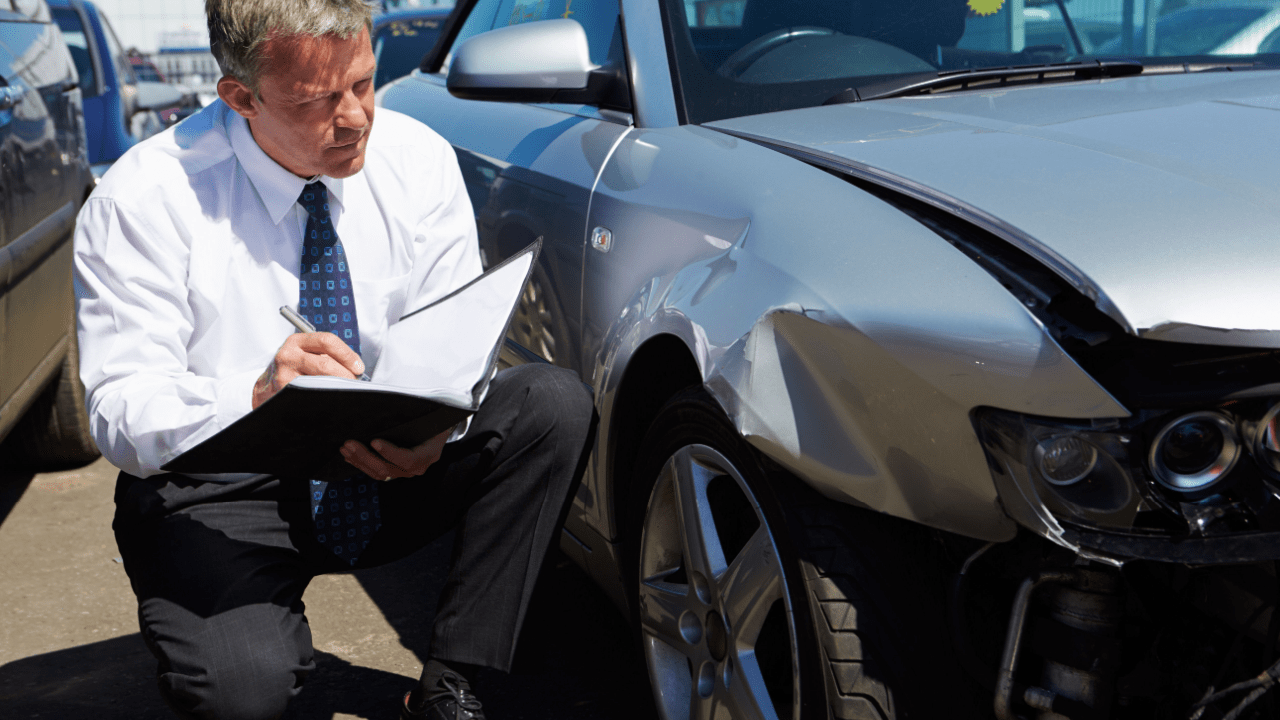- Mon - Fri: 8.30 AM - 5:00 PM
- 26565 Agoura Rd., 200, Calabasas, CA 91302
- 818-884-8075

Is It Better to Pay Out of Pocket for a Car Accident? Pros & Cons Explained
When Is It Better to Pay Out of Pocket for a Car Accident?
If you’re asking “Is it better to pay out of pocket for a car accident,” you’re not alone—many drivers question whether filing a claim is worth it after a minor fender bender or parking lot scrape.
While filing an insurance claim is the default response for many drivers, it’s not always the smartest move financially.
In some cases, paying for repairs yourself can help you avoid a premium hike, keep your driving record clean, and stay in control of your insurance future. But it’s not always the right choice.
When You Might Consider Paying Out of Pocket
The question “is it better to pay out of pocket for a car accident?” depends heavily on the cost of the damage and whether anyone was injured.
Paying out of pocket may be worth considering when:
- No one is hurt
- Damage is minor and cosmetic (e.g., scratches, small dents, broken tail light)
- Repair costs are lower than or close to your deductible
- Both parties agree to handle it privately
- You have a clean claims history and want to keep it that way
If your deductible is $500 and the damage is $600, filing a claim may not be worth it—especially if your insurance rates increase as a result.
Risks of Filing a Claim for a Small Accident
Filing a claim seems like the responsible thing to do—but it comes with downsides, especially for minor accidents.
Potential risks include:
- Premium Increases: Even a small claim can raise your rates for 3–5 years
- Policy Non-Renewal: Too many claims can mark you as high-risk
- Claim on Your Record: Future insurers may see you as a liability
- Deductible Costs: You still have to pay your deductible before coverage kicks in
So when asking is it better to pay out of pocket for a car accident, weigh the cost of the repairs against these long-term financial impacts.
Pros and Cons of Paying Out of Pocket
Let’s look at both sides of the decision.
Pros of Paying Out of Pocket:
- Avoids insurance rate increases
- No claim on your insurance record
- Simplifies the process—especially for minor accidents
- Faster repairs without waiting for claim approval
Cons of Paying Out of Pocket:
- Out-of-pocket expense can grow if more damage is discovered later
- No protection if the other driver changes their mind or files a claim later
- May not be ideal if you’re not 100% sure who’s at fault
Always get a repair estimate before deciding. What seems like a $400 scratch could actually be $1,200 in hidden bumper damage. That changes the math on is it better to pay out of pocket for a car accident?
How to Decide What’s Best
Making the right choice starts with information. Don’t assume anything—get the facts first.
Step-by-step tips:
- Get a repair estimate from a trusted auto shop
- Check your deductible amount
- Estimate how much your premium could go up
- Ask your insurer if you have accident forgiveness
- Talk to your agent confidentially—some offer hypothetical guidance without triggering a claim
- Document everything in case the other driver changes their story
If the damage is minimal and no one’s injured, paying out of pocket could save you money in the long run. But if there’s uncertainty around injuries, fault, or long-term consequences, a claim might be the safer option.
Final Thoughts: Is It Better to Pay Out of Pocket for a Car Accident?
So, is it better to pay out of pocket for a car accident? The answer depends on the details—but if no one was injured and the damage is minor, paying privately can help you avoid a claim that hikes your premium. However, you’ll want to be cautious. Even small accidents can uncover hidden costs or legal issues if the other driver changes their story later.
In general:
- Get a clear repair estimate first
- Understand your deductible and potential rate increases
- Document the incident thoroughly
- Avoid private deals if fault is unclear or someone is injured
Handling a car accident without insurance involvement can be the right choice—but only if you understand the risks. When in doubt, professional advice from your insurer or an attorney can give you peace of mind.
Get Guidance Before You File: Know Your Options After a Minor Car Accident
If you’re still unsure whether to file a claim or pay out of pocket, Legal Brand Marketing can help connect you with legal and insurance experts who understand how to protect your finances and your future. Don’t make a costly mistake—talk to a trusted professional before you act.
Take the smart step today—consult with an expert before deciding how to handle your car accident.
Frequently Asked Questions (FAQs)
1. What if the other driver agrees to a private settlement—should I still involve insurance?
If both parties agree and the damage is minor, a private settlement may be possible. However, always document everything in writing, including photos, estimates, and a signed agreement, to avoid future disputes.
2. Will paying out of pocket affect my insurance coverage later?
No, paying out of pocket won’t affect your policy directly. However, if you have repeat incidents without filing claims, insurers might still view you as a risk if future claims arise.
3. Can I later decide to file a claim after paying out of pocket?
You can file a claim later, but insurance companies may question the delay. If significant time has passed or repairs have already begun, the claim could be denied.
4. Does accident forgiveness apply if I file a claim for a small incident?
Some insurers offer accident forgiveness, which prevents your premium from increasing after your first at-fault claim. You’ll need to check if your policy includes this benefit and if the incident qualifies.
5. Is it illegal not to report a car accident to my insurance company?
Not necessarily. Reporting requirements vary by state and insurer. If there’s no injury, minimal damage, and you’re not legally required to report it, you may choose to keep it private—but always read your policy first.
Key Takeaways
- Paying out of pocket can save money if the damage is minor and repair costs are below your deductible.
- Filing a small claim can raise your rates, sometimes for several years—even if the payout was small.
- Accurate repair estimates are crucial before deciding whether to involve your insurance provider.
- Private settlements come with risk, especially if the other party later changes their story or files a delayed claim.
- Consult your insurer or an attorney when in doubt—it’s better to get advice than make an uninformed financial decision.



